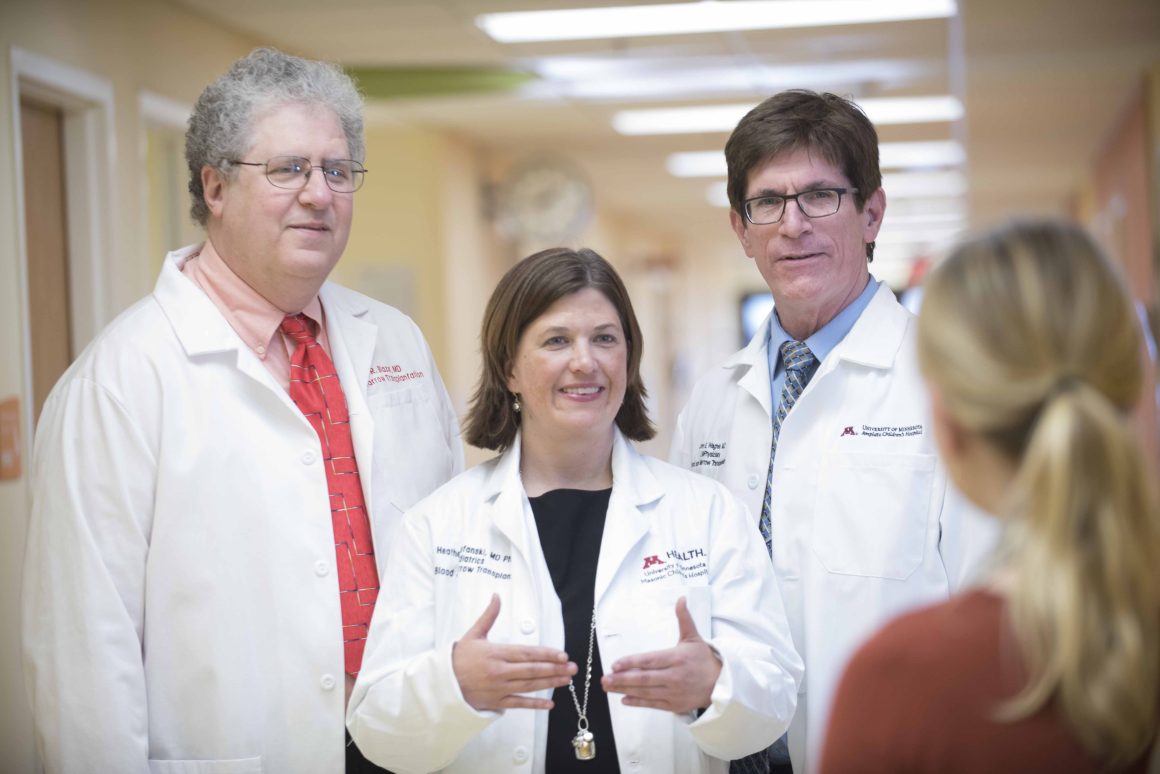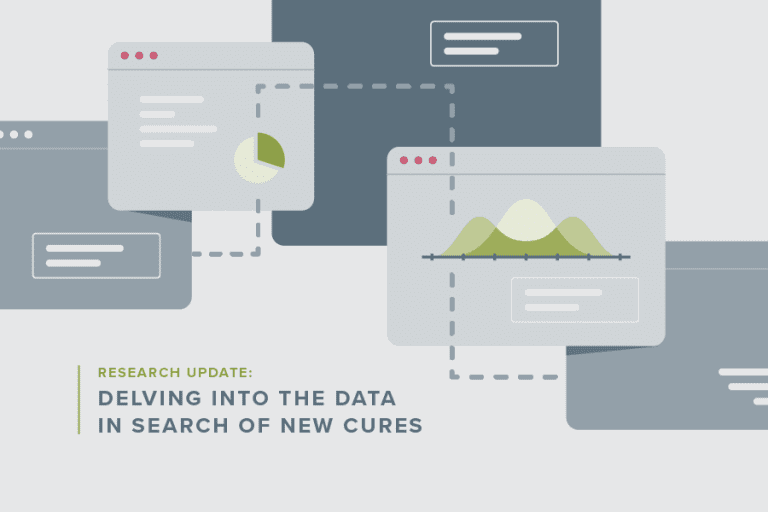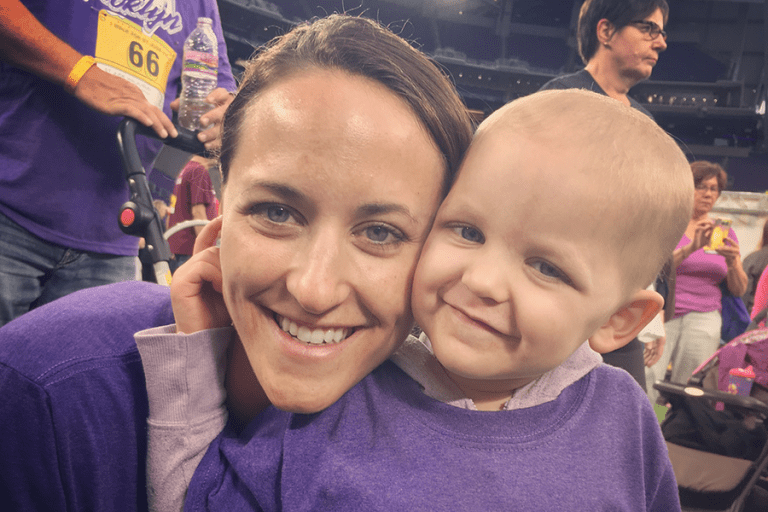Cancer and other health-related information, whether online or in print, should come from a trusted, credible source. Unfortunately, some websites and print media provide misleading or false information. We know how tempting it can be to fall down a Google rabbit hole, especially when a diagnosis is new and you want to know what you and your child are in for during treatment. It’s not always easy to tell if the information you find is credible, but there are some ways to weed out bad sources or claims that are not backed up by science. Below are resources and questions to ask yourself when reviewing sources of health information.
Note: Always remember that the information found online and in print media should not take the place of medical advice. If you have a health-related question or concern, please consult your doctor.
Websites
Credible online sources of cancer and other health information should make it easy for people to learn who is responsible for posting the information. They should make clear the original source of the information, along with the medical credentials of the people who prepare or review the posted material. Consider the following questions to determine the credibility of health information published online.
Who manages this information? The person or group that has published health information online should be easy to find somewhere on the page. Look at the web address (also called URL) to see what type of organization is sponsoring the website. Websites sponsored by government, educational institutions, or credible professional organizations are more likely to provide unbiased information than commercial websites.
- .gov = U.S. government
- .edu = educational institution
- .org = professional or non-profit organization
- .com = commercial website (for-profit) or private source
How is information reviewed before it gets posted? Most health information publications have someone with medical or research credentials (e.g., someone who has earned an MD, DO, or PhD) review the information before it gets posted to make sure it’s correct.
How current is the information? Online health information sources should show you when the information was posted or last reviewed.
If you do find credible new research or information about your child’s cancer or treatment, always feel empowered to ask your doctor about it – they can help give more context to the information or help decide if something is right for your child’s situation.
Social Media + Email
It’s important to only follow social media from reputable sources. Many trusted organizations have social media accounts that link to their websites. For example, Children’s Cancer Research Fund has an official Facebook page, Twitter page, Instagram page and LinkedIn. When it comes to personal social media accounts, it’s common for users to post their experiences with cancer. This may include:
- how they’re feeling physically
- treatments they’re going through
- complementary therapies they’re using, such as a type of diet or supplements
- what feelings they have
These accounts can be helpful in so many ways – they can help you feel like you’re not alone or give you advice on how to emotionally handle the tough road that is childhood cancer. But it’s important to remember that everyone is different. Even someone with the exact same kind of cancer has a different body and health history from you or your child. Never take recommendations for treatment or medicines from someone other than your doctor – and if you see something online you think could be helpful, bring it to your care team first. You never know where or how the user got their information. You also don’t know if the information is current or what the user’s knowledge of cancer is.
Always use caution when using your email or texting. Do not click on a link in a message unless you know or trust the sender. And never open an attachment unless it comes from a trustworthy source.
Books & Magazine Articles
A number of books and articles have been published about cancer, cancer treatment and complementary and alternative medicine (CAM). Some publications contain trustworthy content, while others include things that are unproven or even potentially dangerous. It’s important to keep in mind that information is always changing and new research results are reported every day. Here are a few questions you may want to ask yourself when looking for a book:
- Is the author an expert on this subject?
- Do you know anyone else who has read the book?
- Has the book been reviewed by other experts?
- Was it published in the past five years?
- Does the book offer different points of view, or does it seem to hold one opinion?
- Has the author researched the topic in full?
- Are the references listed?
Articles in popular magazines are usually not written by experts. Rather, the authors speak with experts, gather information, and then write the article. If claims are made in a magazine, remember:
- The authors may not have a lot of knowledge in this area.
- They may not say where they found their information.
- The articles most likely have not been reviewed by experts.
- The publisher may have ties to advertisers or other organizations. Therefore, the article may be one-sided in the information or view(s) it presents.
Finding credible information online, especially about something as complex and ever-changing as childhood cancer, can be confusing and intimidating. We hope these tips can help you successfully wade through this sea of information, but if you ever get stuck, don’t be afraid to reach out to your care team. They’d always rather you bring a question to them, even if it seems a little “out there,” than try to navigate this complicated space alone.
How to Find Cancer Resources You Can Trust was originally published by the National Cancer Institute.
For more tips on how to find reliable cancer resources, check out these posts:
How to find a cancer support group that's right for you
Tips for age-appropriate conversations about cancer treatment
Your donation makes their fight easier.
Kids fighting cancer go through a lot - but you can make their treatments easier and more effective. Your donation will fund groundbreaking research that makes better, safer treatments possible for children and teens fighting cancer.



